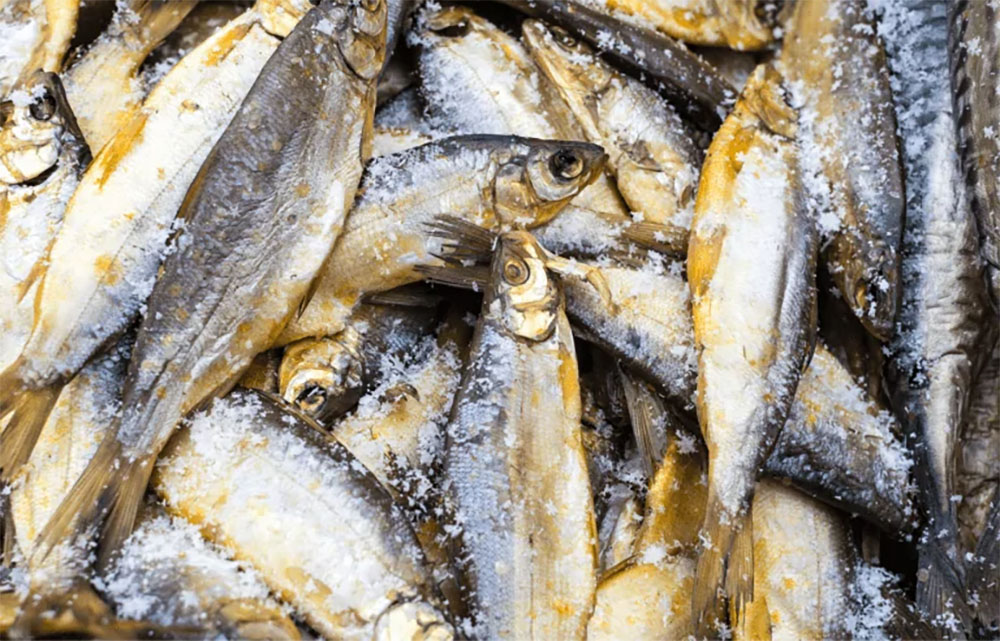A study commissioned by the North Atlantic Pelagic Advocacy Group (NAPA) indicates the Atlanto-Scandian herring stock in the Northeast Atlantic may be nearing a collapse if steps aren’t taken to halt overfishing.
NAPA is one of the groups behind persistent calls for action to end overfishing of Atlanto-Scandian herring, which has faced severe sustainability issues for multiple years. The Marine Stewardship Council (MSC) suspended its certification for the species in 2020, and since that time, coastal states have continued to exert more pressure on the stock than the International Council for the Exploration of the Seas (ICES) recommends.
The new study by NAPA – which represents a coalition of 70 retailers, foodservice companies, and suppliers – was conducted in collaboration with University of Washington Professor of Aquatic and Fishery Sciences Ray Hilborn and found the Atlanto-Scandian herring stock could be just a few years from its biological limit reference point (Blim) and a historic collapse.
“Atlanto-Scandian herring could reach Blim as early as 2026, assuming the continuation of current levels of overfishing without any significant changes to recruitment. That would present politicians, the market, and fishing communities with serious problems,” NAPA Project Lead Neil Auchterlonie said in a release.
Blim is a metric taking into account fishing pressure, stock size, and recruitment level. Based on the study, if the current level of fishing pressure continues at the level of recruitment the species has had, the stock will reach its limits in 2026 and could suffer a historic collapse in a potential repeat of a similar collapse that took place in 1960.
That is, of course, if recruitment and the stock maintains its historical trajectory – something which the MSC has warned may not be the case. The warming waters in the Northeast Atlantic Ocean could cause the stocks to shift in unpredictable ways, the MSC said, adding even more pressure to the stock.
Coastal states – specifically Iceland, the E.U., the Faroe Islands, Greenland, Norway, and the U.K. – reached an agreement on the Atlanto-Scandian herring quota in October 2023, setting the total allowable catch (TAC) in line with advice from the International Council for the Exploration of the Sea (ICES). That agreement set the TAC for 2024 at ...








